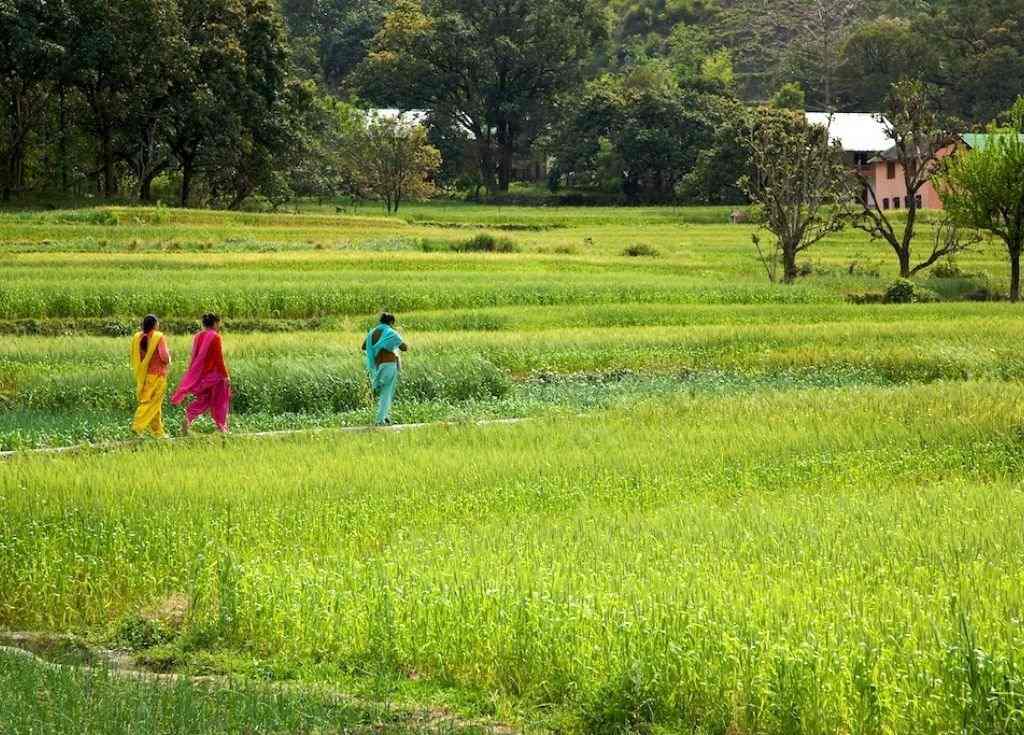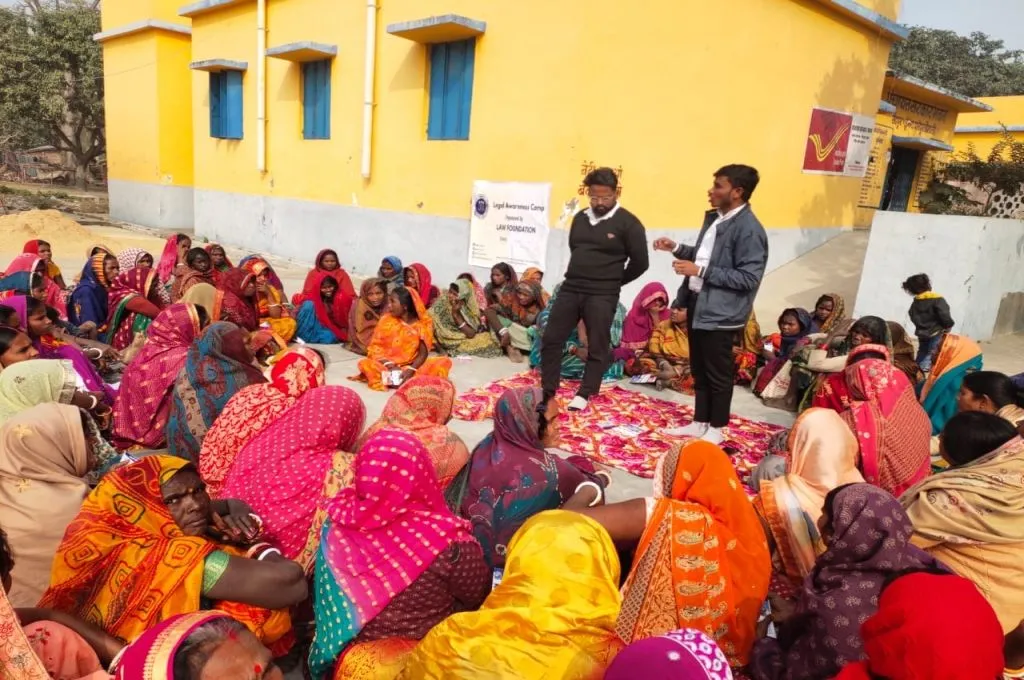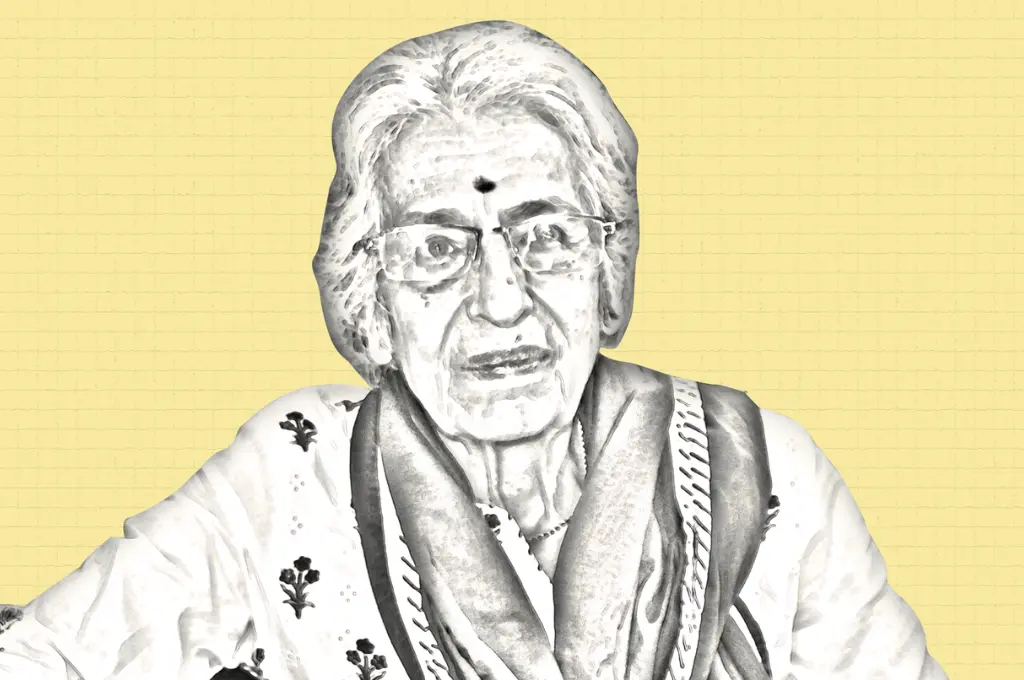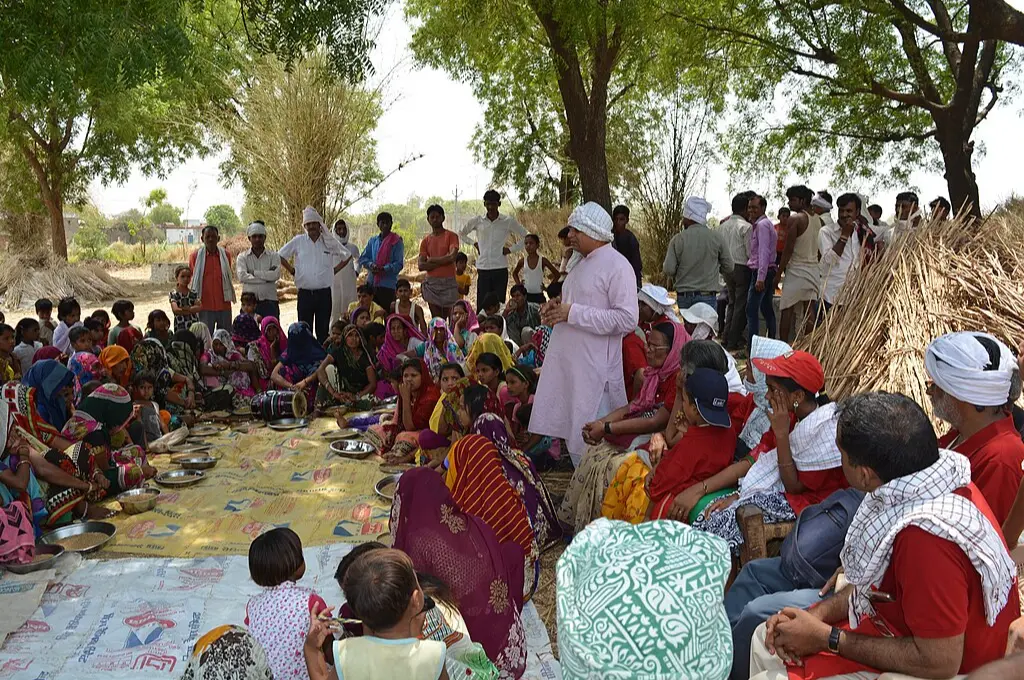Narratives of survivors consistently show how trafficking is neither a single episode of violence nor the only form of repeated violence that survivors endure. Kidnapping, abduction, rape, confinement, physical torture, blackmail, threats, and grooming—more than one of these violations tend to be involved in most cases, causing poly-victimisation. However, the current sociolegal framework in the anti-trafficking ecosystem fails to focus on the impact of poly-victimisation on the mental health of survivors.
Trauma reported by survivors does not only consist of their direct experiences of exploitation by traffickers, but often also includes the deprivations and causes that led to their entrapment by the latter, as well as the treatment they undergo at the hands of both the criminal justice system and the social welfare agencies that ‘rescue’ them. A system that seeks to ensure justice for survivors must address these multiple aspects. However, a custodial approach to the rehabilitation and protection of survivors of sex trafficking, and the focus on criminalising traffickers—without adequately defining and protecting the rights of survivors, or making service providers and policy implementers accountable—results in a skewed approach, and a disabling environment for survivors to recover from trauma. While poorly functioning welfare agencies take over survivors and their rehabilitation, law courts, custodial shelters, and poor, non-accountable counselling services inflict secondary trauma.
The mental health status of survivors
In 2014, Bringing It All Back Home—a study on the assimilation of survivors into their home communities— showed that barely 3 percent of the respondents accessed government support services for their rehabilitation. The study also shed light on a possible reason—the debilitating impact of trauma on the mental health of survivors. Symptoms of dysthymia (persistent depressive disorder) were reported by 87.3 percent of them, while 13 percent were experiencing major depression. These are alarming figures, especially when compared with the prevalence rate of 1.8 percent depression and dysthymia for women in the general population. The study hypothesised that the lack of post-traumatic stress disorder (PTSD) assessment and its treatment, not mandated by the law or practised by welfare agencies, results in the condition remaining unaddressed.


Following the 2014 study, Sanjog, a mental health rights organisation, tracked the mental health and well-being status of 100 survivors from West Bengal between 2014 and 2020, while providing them with psychosocial services. This intervention responded to survivor priorities by strengthening access to psychiatric and psychological services in state-run hospitals, which was achieved by training and supervising a cadre of grassroots social workers in the delivery of trauma-informed restorative care and mobilising survivors to form support groups. During a reassessment in 2018, 62 percent of the respondents reported a reduction in the severity of depression, anxiety, and/or PTSD. For the next six months, the intervention was modified to ensure that the 38 percent who were still experiencing severe symptoms received psychiatric treatment and counselling or therapy from private clinics. Of this latter group, 60 percent reported improved mental health.
In 2019, a study on community-based rehabilitation interventions run by nonprofits across 10 states of India for survivors of human trafficking as well as sexual and domestic violence showed that, due to the prevailing lack of focused policy and resources, trauma-informed mental healthcare remains one of the key challenges faced in all of these programmes.
Causes affecting the mental health of survivors
Marginalisation of communities
Demographic profiles of survivors of trafficking indicate that 80–90 percent belong to backward castes and religious, political, and economic minority groups, and have typically faced at least one of these situations—child marriage, domestic violence, income insecurity, caste-based violence, forced migration or displacement, or gender-based violence. Such experiences of violence are further exacerbated by their lack of access to recovery services, or other opportunities to mitigate or minimise the impact on their overall well-being.
1. There is a dearth of community-focused interventions to prevent violence
While the central and state governments have created welfare schemes for poverty alleviation and economic inclusion, coverage of rural areas is inadequate. Incidents of violence are largely handled using the lens of criminalisation. Relying only on punishment for individual perpetrators is, however, ineffective in the absence of a framework that addresses the developmental roots of violence.

2. Undefined rehabilitation
Reintegration without addressing vulnerabilities
Current rehabilitation processes have a linear trajectory, beginning with rescue, followed by institutional care, and finally reintegration. The study clearly showed that the government systems act only as service providers, rather than as active participants in community-based rehabilitation processes. The trafficked survivors are returned to communities that are now hostile, and that stigmatise them, while the pre-existing conditions of violence and vulnerability continue to exist. The added threat of intimidation by their perpetrators further oppresses many survivors.
A survivor, after being rescued from the trafficked situation, receives very little support for reintegration and compensation due to a lack of policy in place.
In the case of labour-trafficking survivors without access to welfare services, the vicious cycle of servitude often restarts after reintegration. A survivor, after being rescued from the trafficked situation, receives very little support for reintegration and compensation due to a lack of policy in place. The only existing policy is the Central Sector Scheme for Rehabilitation of Bonded Labours; however, survivors report immense hurdles in receiving the full amount of rehabilitation. Therefore, they return to their community with the same vulnerabilities still present, now with the added issues around increasing poverty, lost income and livelihood opportunity, and physical and mental health. Consequently, they fall back into the debt traps of contractors and traffickers in order to sustain themselves and their families.
The policy landscape
- The Mental Healthcare Act, 2017, recognises trafficked survivors as a group that must receive affirmative support and services.
- The National Health Policy of India, 2017, aims to achieve universal health coverage and address societal determinants of health through multisectoral developmental action.
- The UJJAWALA Scheme, 2007, is described as ‘a comprehensive scheme for prevention of trafficking and rescue, rehabilitation, and reintegration of victims of trafficking and commercial sexual exploitation’.
It is important to note that none of these provisions include focused interventions either at the individual or at the group level for complex PTSD, or for the assessment of survivors’ mental health. Redressal mechanisms for violence and stigma faced by survivors within their communities are also missing.
While a legal framework delineating the government’s responsibilities towards survivors of trafficking does exist, it fails to be implemented, because managing and driving community-based rehabilitation (CBR) programmes demand a commitment that appears to be absent. CBR requires clear planning and protocols, provision of resources, decentralisation, referrals and, finally, monitoring and evaluation.
Intersectional justice: Trauma-informed justice
For such justice to be possible, mental health needs to be recognised and acknowledged as an intersectional issue, and not a medical issue alone. To address the invisibility of mental health as a core component, justice must be redefined to include restorative justice, and not be limited to retributive criminal justice. In India, justice today is largely focused on the state punishing the offender for violating its laws—the survivor plays the role of the complainant and witness in this process. Restorative justice puts the best interest of the survivor at the centre. Restorative justice refers to “an approach to justice that seeks to repair harm by providing an opportunity for those harmed and those who take responsibility for the harm to communicate about and address their needs in the aftermath of a crime”. Significant investment is required by government and non-government stakeholders into building intersectional interventions to address the impact of violence on the mental health of survivors—by foregrounding survivors’ own voices.
This article has been edited in parts for IDR. The original version was published in MHI’s fourth edition of ReFrame: Unpacking Structural Determinants.
—
Know more
- Read about how trafficking survivors are forced into shelter homes and incarcerated.
- Learn about why we need to question the narrative of rescuing survivors of trafficking.
- Explore Tafteesh, a coalition of human rights activists, survivor leaders, lawyers, and researchers.




